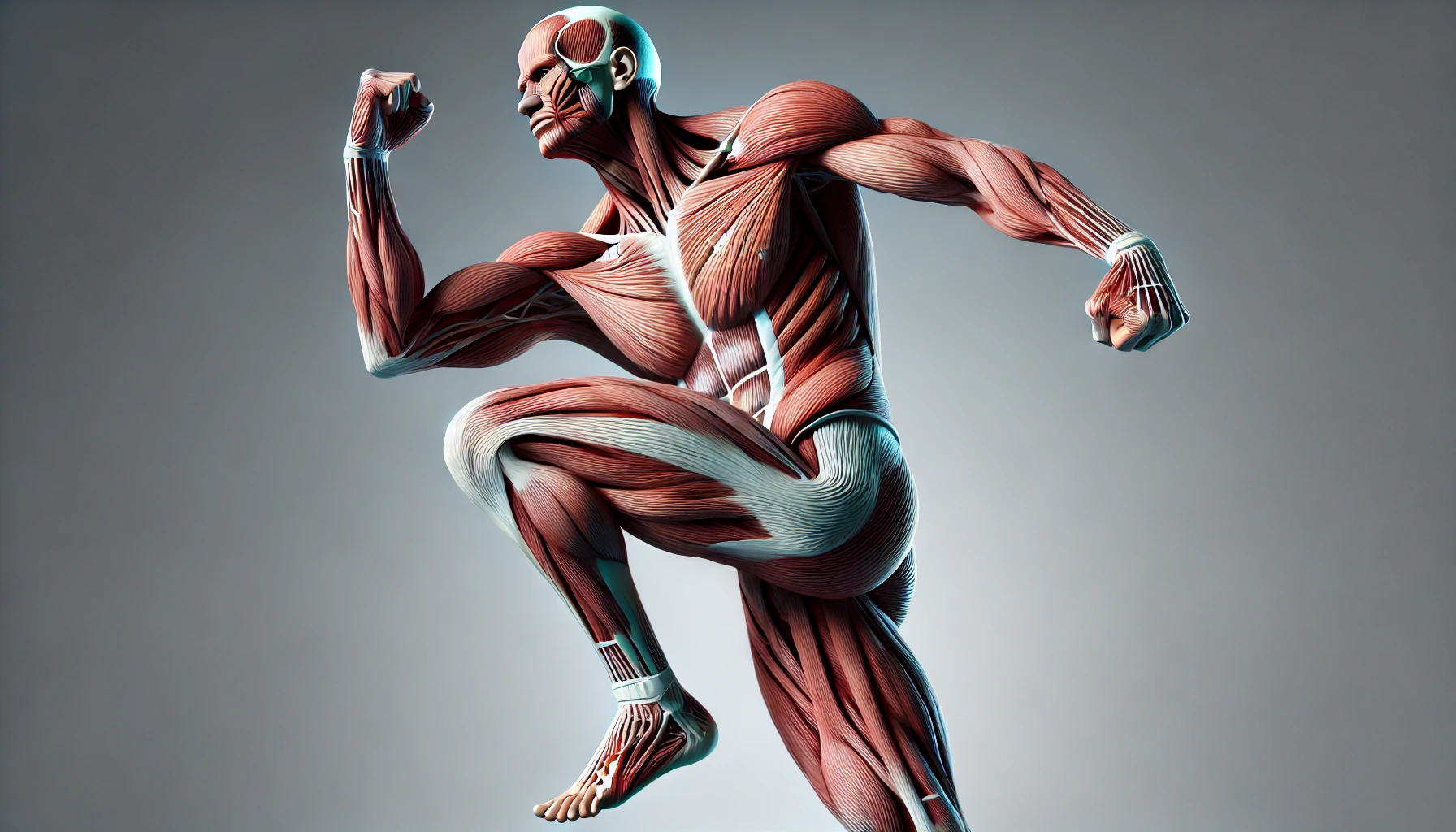This post was written with Consensus AI Academic Search Engine. Physiology, often referred to as the “science of life,” is a branch of biology that focuses on understanding the functions and mechanisms of living organisms. This field encompasses a wide range of studies, from the molecular and cellular levels to entire organ systems and organisms. The study of physiology is crucial for advancing medical science, improving health outcomes, and understanding the intricate workings of life.
The Scope of Human Physiology
Human physiology is intrinsically linked to anatomy, as it explores the functions of various body parts and systems. This integration spans multiple levels, including biochemistry, cell physiology, and organ systems. Contemporary research in human physiology aims to enhance the quality of life through new medical therapies and interventions, preparing students for careers in medicine, allied health professions, and biomedical research1.
Evolutionary Perspectives in Physiology
Traditionally, physiology has been seen as separate from evolutionary research due to its focus on present and future functions, while evolutionary theory deals with natural history. However, recent discussions have highlighted the importance of situating physiology within evolutionary theory. This integration can provide insights into function, causation, teleonomy, agency, and cognition, contributing to a more comprehensive understanding of life2.
The Future of Physiology
The Physiological Society has played a pivotal role in advancing the life sciences for over 140 years. Supporting early-career physiologists is essential for the continued growth and impact of the discipline. The future of physiology lies in its ability to adapt and evolve, ensuring that new discoveries continue to shape our understanding of living organisms3.
Global Perspectives on Physiology
Physiology is not just about understanding cellular processes but also about their relevance to complex regulatory mechanisms vital to organisms. This global perspective emphasizes the adaptability and functionality of living beings in various environments, highlighting the interconnectedness of life4.
Environmental Interactions
Physiology examines the impact of the environment on human health and survival. Recent discussions have also focused on the reciprocal relationship between humans and the environment. Understanding these interactions is crucial for addressing global health challenges and ensuring the sustainability of life on Earth5.
Historical Foundations
The study of physiology has a rich history, with significant contributions from ancient civilizations and renowned scientists like Hippocrates, Aristotle, Galen, and Harvey. These pioneers laid the groundwork for modern physiology, which now includes developmental, comparative, ecological, and evolutionary aspects of the structure-function relationship10.
Exploring the Mysteries of Life
Physiology delves into the mysteries of how organisms survive and thrive in extreme environments. This exploration is vital for understanding the diverse strategies life employs to maintain health and functionality under challenging conditions7.
Strategies for Life
Physiology provides insights into the various functional strategies organisms use to sustain health and survive within their environments. This knowledge is essential for developing new medical interventions and improving health outcomes8.
Defining the Discipline
Physiology can be defined as the study of function in living systems, encompassing various levels of complexity from subcellular to organismal. This hierarchical approach allows for a detailed understanding of physiological phenomena and their implications for health and disease9.
Conclusion
Physiology, as the science of life, offers a comprehensive understanding of the functions and mechanisms that sustain living organisms. By integrating knowledge across multiple levels and considering evolutionary and environmental perspectives, physiology continues to advance our understanding of life and improve health outcomes.
